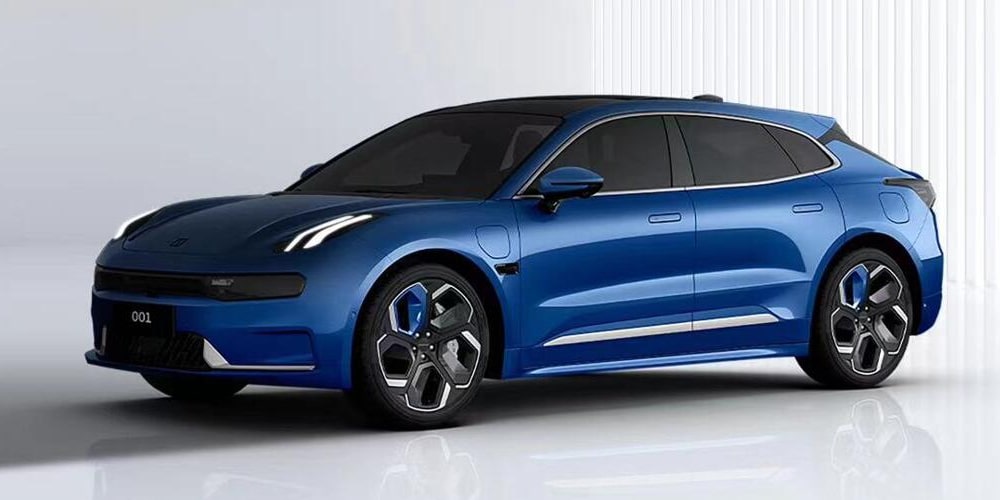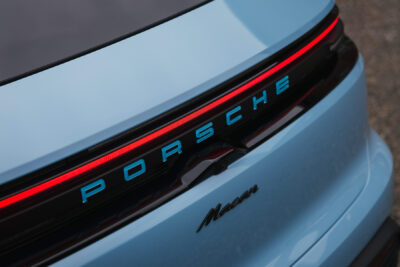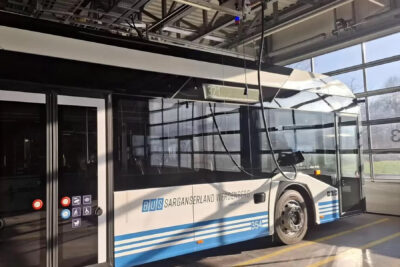Zeekr launches deliveries of the 001 with Qilin batteries
Geely’s electric car brand Zeekr has started deliveries in China of the Zeekr 001 equipped with CATL’s Qilin batteries. The optional 140 kWh battery allows ranges of up to 1,032 kilometres in the Zeekr 001 WE, according to Chinese standards.
The new model variant is available from 403,000 yuan (equivalent to around 53,000 euros), compared with a price of 300,000 yuan (approx. 39,500 euros) for the Zeekr 001 WE with a 100-kWh battery. The Qilin battery thus costs 103,000 yuan (about 13,500 euros) extra. Moreover, this version is initially limited to 1,000 units. This puts the full price for the top variant of the Zeekr 001 at RMB 403,000 (approx. 53,071 euros)
About a month ago, the Zeekr 009 electric van with Qilin battery also underwent its delivery launch in China. As reported, Zeekr will also launch in Europe this year and initially plans to offer the Zeekr 001 and the new Zeekr X model in Sweden and the Netherlands.
Zeekr is the first manufacturer to make use of the new Qilin batteries from CATL, as was announced in August last year. The Qilin batteries are based on CATL’s third-generation of cell-to-pack (CTP) battery technology and are said to set a new record for volume-based usage efficiency at over 72 per cent. To compare, the first generation of the cell-to-pack (CtP) technology had reached 50 per cent. The battery technology was introduced in June last year, with plans to start series production this year.





1 Comment